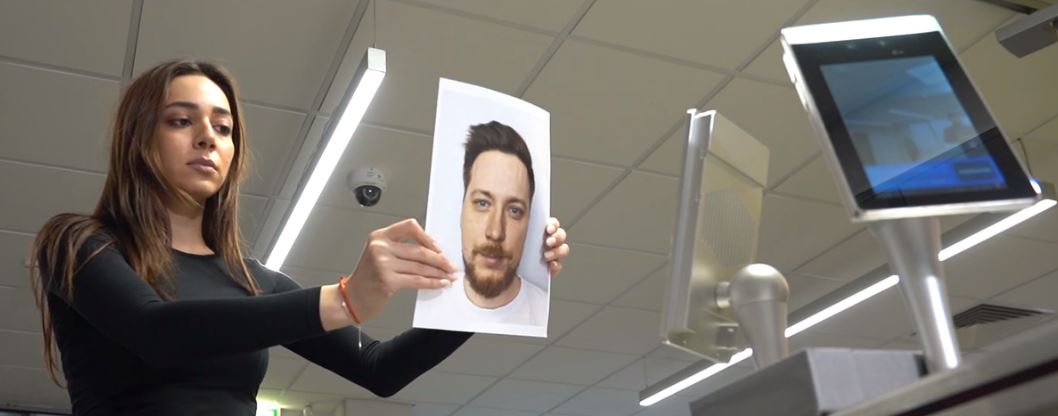1. The principle of operation of biometric control systems: Biometric control systems are based on the collection, storage and analysis of human biological data. Each person has unique biometric characteristics that can be used to identify them. For example, a fingerprint scanning system compares the unique features of the finger lobe with pre-stored data to confirm identity.
2. Application of biometric control systems:
• In offices and enterprises: Biometric control systems allow you to restrict access to confidential information and restricted rooms, thus ensuring the security of the workspace.
• In banks and financial institutions: To ensure the security of bank accounts and transactions, biometric control systems are used to authenticate customers.
• In public institutions: Biometric control systems can be used to identify and authenticate citizens when issuing documents and accessing public services.
• In transport systems: To ensure passenger safety and access control in transport such as airports, train stations and bus stations.
3. Advantages of biometric control systems:
• High level of security: Biometric data is more difficult to forge or steal than traditional passwords or keys, which makes such systems more reliable in ensuring security.
• Ease of use: Unlike passwords or keys, biometric control systems do not require memorization or carrying additional devices, which makes the identification process more convenient for users.
• Automation capability: Biometric control systems can be integrated with other security systems such as video surveillance or access systems to automatically control access and respond to threats.
4. Ethics and Privacy:
• With the development of biometric technologies, questions arise about privacy and the ethics of using personal data. Biometrics-based control systems collect and store sensitive biological data of users, which may raise concerns about their safety and possible abuse.
• It is important to establish strict rules and laws governing the collection, storage and use of biometric data in order to protect the rights and privacy of citizens.
5. Trends and future development:
• With the development of machine learning and artificial intelligence technologies, biometric control systems are becoming more accurate and effective.
• Biometric systems are expected to be widely implemented in various areas of life in the near future, including banking, healthcare, retail, and even everyday devices such as smartphones and laptops.
6. Examples of successful application:
• At airports: Biometric control systems are used to speed up the check-in and boarding process, as well as to enhance security by identifying individuals in databases about criminals or potential threats.
• In healthcare: Biometric technologies are used to identify patients, provide secure access to medical data, and prevent health insurance fraud.
• In schools and universities: Biometric monitoring systems can be used to control access to educational institutions, as well as to track student and staff attendance.
7. Challenges and obstacles:
• High costs: The implementation of biometric control systems may require significant investments in equipment and staff training.
• Technical issues: Some biometric technologies may encounter problems such as false positives or incorrect identification, which may affect their effectiveness.
• Privacy concerns: The collection and use of biometric data raises concerns about the privacy and security of users’ personal information.
8. Development prospects:
• Mobile application development: It is expected that biometric technologies will be increasingly integrated into mobile devices, which will allow them to be used for authentication and authorization of payments, access to applications and other functions.
• Greater adoption in various industries: With the development of technology and the reduction in the cost of equipment, it is expected to expand the use of biometric control systems in various fields, including retail, hospitality, and even in ordinary home conditions.
9. Conclusion: Biometric control systems are an important element in ensuring the safety and effectiveness of various fields of activity. Despite challenges and obstacles such as privacy and technical issues, their advantages and potential for development make them an integral part of the modern world. Further research and development in this area will contribute to the creation of a safer and more convenient society.
| Order a service

